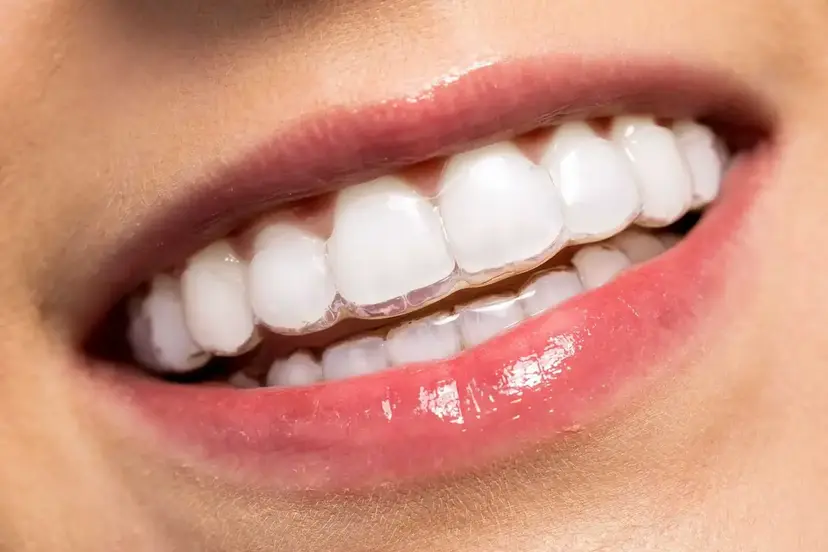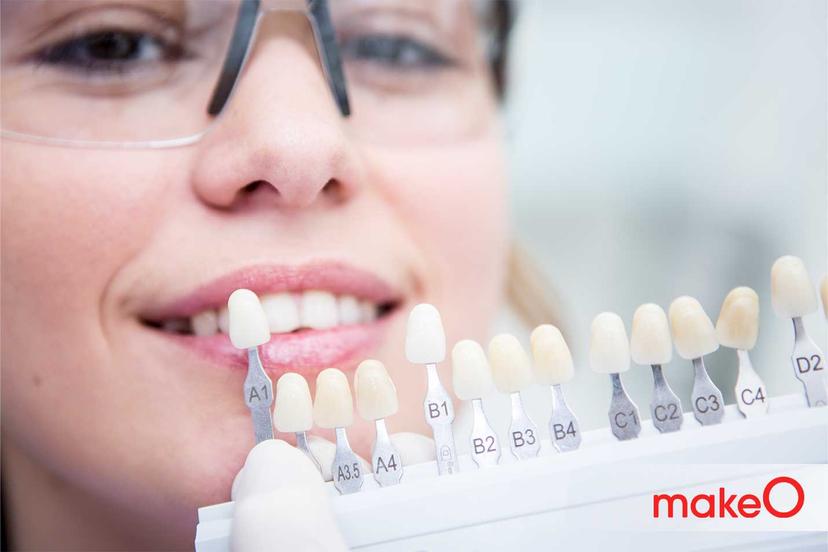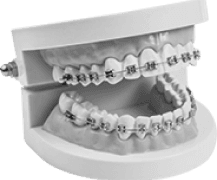MakeO blog
Good oral hygiene is about much more than just pearly whites. It’s also about worrying about the gums, tongue and salivary glands. Unfortunately, poor oral hygiene can lead to several issues, one of which is the lesser-known but equally troubling condition called sialolithiasis.
In this article, let’s dive deep and understand what this oral condition is all about, including its causes, symptoms and treatment methods.
What is Sialolithiasis?
Sialolithiasis, also known as salivary gland stone, is a condition where stones or calcified masses form in the ducts of the salivary glands. These masses block the flow of saliva and cause pain and discomfort. Imagine a tiny stone causing a traffic jam in your salivary gland highways!
But how does one get to the point of having a salivary stone? Well, it often starts with dehydration, reduced saliva production, or increased alkalinity of the saliva. The stones are generally formed from the calcium salts present in the saliva. Sialolithiasis is a serious oral condition that must be thoroughly studied to prevent it and treat it correctly. So, let’s deep dive into the causes of salivary stones.
Sialolithiasis or Salivary Stone Causes
Knowing the different causes of salivary stones can help in preventing it in the first place. Here are some main causes of salivary stones that you should know about:
Dehydration: Not drinking enough water can lead to thicker saliva, a prime condition for stone formation.
Diet: A diet rich in calcium can sometimes contribute to forming these stones.
Medications: Certain medications can reduce saliva production, creating a conducive environment for stone formation.
Poor Oral Hygiene: Yes, not taking care of your oral hygiene by skipping brushing or flossing can lead to an increase in bacteria buildup and cause salivary stones.
Reduced Saliva Production: Conditions that reduce saliva production naturally can also be a cause.
Understanding these causes is half the battle won. Now, let’s move on to the salivary stone symptoms to catch this condition early on.
Symptoms of Sialolithiasis
How can you tell if you have salivary stones? There are a few signs that you can look out for. Rush to your nearest dental clinic if you spot these salivary stone symptoms:
- Swollen mouth or neck area
- Dry mouth
- Pain while eating
- Difficulty in swallowing
- A visible lump in the mouth
Now that you know the salivary stones symptoms, you can reduce damage and moments of discomfort if you catch these symptoms early and head to your healthcare provider soon.
Treatment for Sialolithiasis
If you find yourself wondering, “What is sialolithiasis treatment like?” worry not, we have got you covered. The salivary stones are massaged out through a gland by an experienced healthcare professional in a sialolithiasis treatment. In cases where the stone is deeper or larger, a healthcare provider might use a thin, blunt instrument to remove the stone.
In more advanced cases of salivary stones, the stones are removed surgically. The good news is that once the stone is removed, relief is almost immediate. However, it is always better to prevent the condition rather than reach the stage of treatment.
Can Good Oral Hygiene Prevent Sialolithiasis?
Now that we have answered the question, “What is sialolithiasis?” Let's talk about prevention. Good oral hygiene is your superhero here. Regular brushing, flossing, and using a good mouthwash can keep bacteria at bay, reducing the chances of stone formation. In addition to brushing and flossing, having a healthy amount of water daily can also help keep your mouth clean and free of germs and food particles and having a balanced diet can boost oral health, thereby keeping oral conditions like salivary stones away.
Oral Care with makeO skinnsi
To ward off oral conditions like sialolithiasis at bay, it is best to ensure that your oral care game is at its best. To help you achieve your best oral health, we at makeO toothsi can help! Our oral care products like our toothsi electro and toothsi smart water flosser are excellent devices that offer effective cleaning in a simple and worry-free manner. Made with the latest technology, our oral care solutions are modern marvels that will only elevate your oral hygiene in every way and keep you protected from plaque buildup, bad breath, bleeding gums and other oral conditions.
Conclusion
In short, sialolithiasis or salivary gland stone is an oral condition that causes pain and discomfort but is preventable with good oral hygiene practices, hydrating regularly and maintaining a balanced diet. By adding makeO toothsi products to your oral care routine, you not only step up your oral hygiene game but also have a strong chance at beating worrisome conditions like sialolithiasis. So, let’s start today and smile away with confidence!
FAQs
What is sialolithiasis?
Factors like dehydration, poor oral hygiene, medications and more can lead to the formation of stones or masses in the salivary gland. This condition is called sialolithiasis.
What are the common salivary stone symptoms?
Visible lumps in the mouth, swelling in and around the mouth and neck and dry mouth are a few symptoms of salivary stone. When you spot one of these signs, it is imperative for you to visit your dental care provider at the earliest.
What are the primary salivary stone causes?
Drinking less water, lower saliva production, poor oral hygiene etc. are some of the main causes of salivary stones or sialolithiasis. Keeping yourself hydrated, maintaining your oral health by brushing and flossing regularly and eating a balanced diet can all help prevent such oral conditions.
How can one prevent salivary gland stone formation?
Maintaining good oral hygiene with regular brushing and flossing, and using quality products like those from MakeO Skinnsi can help in prevention.
What is the treatment for sialolithiasis?
Treatment often involves removing the stone, which can sometimes be done through massaging the gland or, in severe cases, through surgery.
related categories
Related articles

Types of Braces: Removable vs Fixed Braces, Which is Right For You?

This Diwali, Smile Bright With makeO Teeth Whitening Kit

Dr. Pravin Shetty: Pioneer in Lingual Orthodontics & Innovative Smile Solutions
How do I Know I’m the Right Candidate for makeO toothsi Teeth Aligners?

